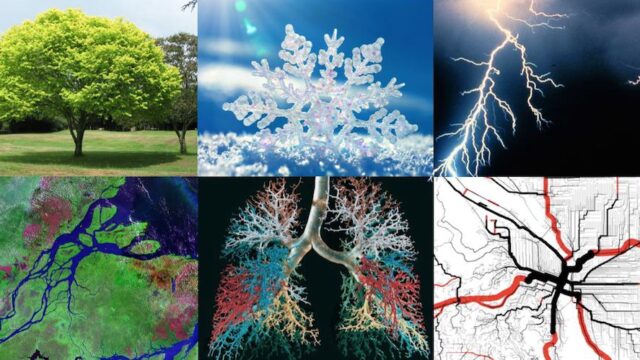
The historian Warren Susman discusses the changing views of character in Culture As History. He argues that the transformation we are witnessing in today’s culture is one from a culture of character to a culture of personality. We might note the prominence and value of character in presidential elections prior to 2016. Then, character became less important and personality more central when Donald Trump ran for president. The evidence suggests such transformation is happening throughout society. I would argue, however, that whatever is happening is not changing the essential nature of the American character, only obscuring it.
Character is a complex and multidimensional attribute that it is difficult to define and discuss. It is something we are strong in, or good at, or have a great deal of it. Most adults aspire for “excellent character,” but our current culture rarely emphasizes it beyond our childhood and adolescent years. We tend to confuse character with personality. Yet, these are distinct concepts. Character reflects deep-seated identification with truthfulness, idealism, morality, and orientation towards life. Personality, on the other hand, defines responsiveness to external events, such as how we respond to others because of how they view us. We might, for example, consider ourselves fortunate because people admire that we are rich.
As someone born outside the U.S. and integrated into American society, I have a unique perspective that may differ from native-born citizens. As an adolescent, I grew up with the idea that the U.S. was the land of Oz, with emerald cities paved with gold, and opportunities around every corner. As an adult, I became more cynical about these things, yet could not ignore my journey, which has been mostly positive. What I realized is there exists an essential core in the American spirit that is strong. This despite the winds of apathy, ignorance, and radicalism that are making a culture of character into a culture of personality.
What is at the core of this spirit? It begins with an openness that many around the world find unique and endearing. Americans are seen as transparent and friendly. They smile all the time, say visitors, and even say hello as they pass you by on the street. It is a remarkable openness characterized by warmth, friendliness, and humor. It is one of the first things that strikes anyone coming from another culture or who has been overseas for a long time. This openness combines with a generosity of spirit that is the expected response of a sincere heart. How much and how often individuals give to charities and to those in need illustrates this big-heartedness. There is also a level of American volunteerism that has few parallels in the world. In the society, an infrastructure has evolved to help others that echoes this generosity. Aside from charitable and non-governmental organizations and innumerable private foundations, there are the governmental treasures such as the National Institute of Health. Government grants have been an invisible driver of American ingenuity, technology, and free enterprise.
In all the endeavors I have engaged in since coming to this country, getting an education, becoming a scientist and an entrepreneur, and starting a creative writing career, I have always found a wealth of support and encouragement. This has taken the form of scholarships, grants, advice, and guidance that comprise the helpful culture that surrounds me. This leads to the other characteristics I find unique in the American spirit. One is an adventuresome quality thatengenders entrepreneurial and give-it-a-go attitudes at once child-like and infectious. Adventuresome behavior is combined with a steely confidence of success, one that says, “I can do this.” Finally, there is an almost preternatural forward-thinking mentality that has given rise to new technologies like Facebook, Twitter, Amazon, Apple and a thousand other ventures that have revolutionized the future of humankind.
We need to encourage such inimitable character. If we do not cultivate it as an important aspect of our identity, we are in danger of losing its meaning and significance. Fortunately, the essence of this character is in the ambience of the culture. While obscured by personality and social craziness, it is the default attitude children learn. It is up to us to become vigilant and identify those things that obscure this essential treasure. Then, we just need to get out of the way and let it express itself.
Thanks for reading. I am open to criticism so please respond if you don’t agree or have additional ideas about essential qualities of the American spirit with which you identify. I would like to compile a more thorough list.


